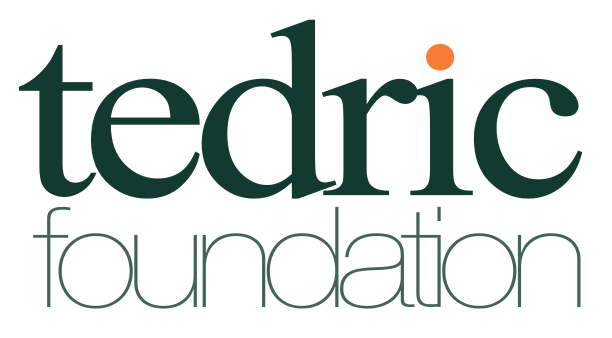
Adapted Children
"Adapted children" most accurately refers to adopted children, a child who has been legally placed with a family other than their biological parents, often due to the birth parents' inability to provide care. These children may face unique challenges, including emotional and learning differences resulting from early stress or trauma, difficulties with impulse control and attention, and questions about their own identity and belonging.
Common Challenges for Adopted Children
- Trauma and Stress:
- Early life stressors, such as time spent in orphanages without sufficient caregiver bonding, can negatively impact brain development, leading to learning and thinking differences.
- Executive Function (EF) Difficulties:
- Many adopted children with early adversity experience difficulties in impulse inhibition and attention control, which can be present in conditions like ADHD.
- Emotion Regulation:
- Problems with regulating emotions are common and can serve as a mediator between severe early neglect and later psychological issues.
- Sense of Belonging:
- Adopted children often grapple with questions of identity, comparing themselves to their adoptive parents and looking for connections to their genetic history to understand who they are.
- Behavioral Challenges:
- Some adopted children may act out to test their adoptive parents' commitment, stemming from a fear of abandonment, a behavior rooted in their past experiences.
Support and Interventions
- Specialized Programs:
- Interventions like the Attachment and Biobehavioral Catch-up (ABC) intervention have shown promise in improving parenting quality and fostering healthy child development.
- Focus on Social-Emotional Competence:
- Research highlights the importance of developing social-emotional competence in internationally adopted children to support their overall well-being.
- Addressing Genetic Mirroring:
- Understanding and supporting children's desire for physical and psychological mirroring, which can be confused in adoption, is crucial for their self-understanding.